We implement preventive psychosocial
interventions in a school setting to
promote adolescents’ mental and social
well-being.
RefugeesWellSchool is a European funded Horizon2020 project carried out by seven different partners in six European countries (Norway, Finland, Sweden, Denmark, Belgium and the United Kingdom).
-
In-service teacher training
The aim of the INSETT intervention is to enhance teachers’ insight into how refugee /migration experiences may impact young people’s psychosocial well-being and school functioning upon resettlement in a new country (Brenner & Kia-Keating, 2016; Pastoor, 2015, 2017).
See how it works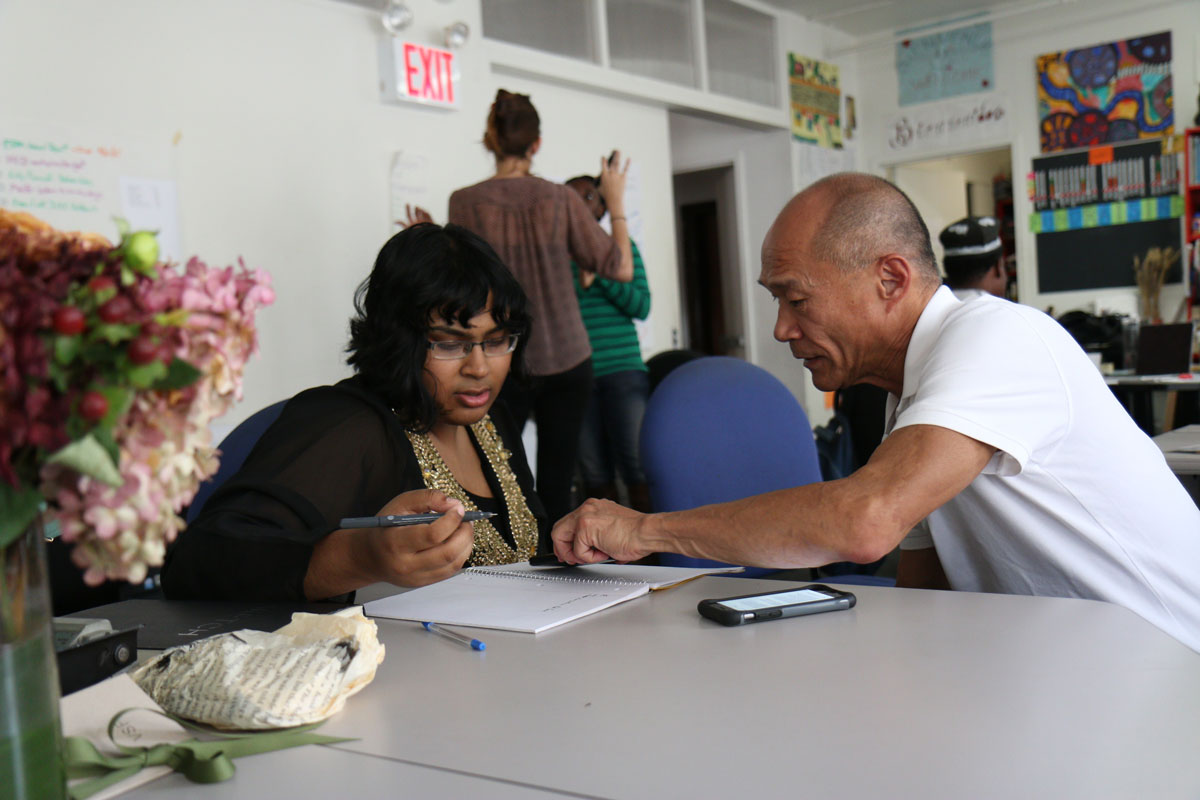
-
Welcome To School
This intervention builds on the Welcome to School initiative developed by the Pharos Refugees and Health Knowledge Centre (the Netherlands), with support from the European Refugee Fund. Rooted in the theoretical principles of social capital, the Welcome to School Initiative seeks to strengthen the competencies of refugee and migrant youth with regards to self-esteem, coping, social skills and behavioral adjustment.
See how it works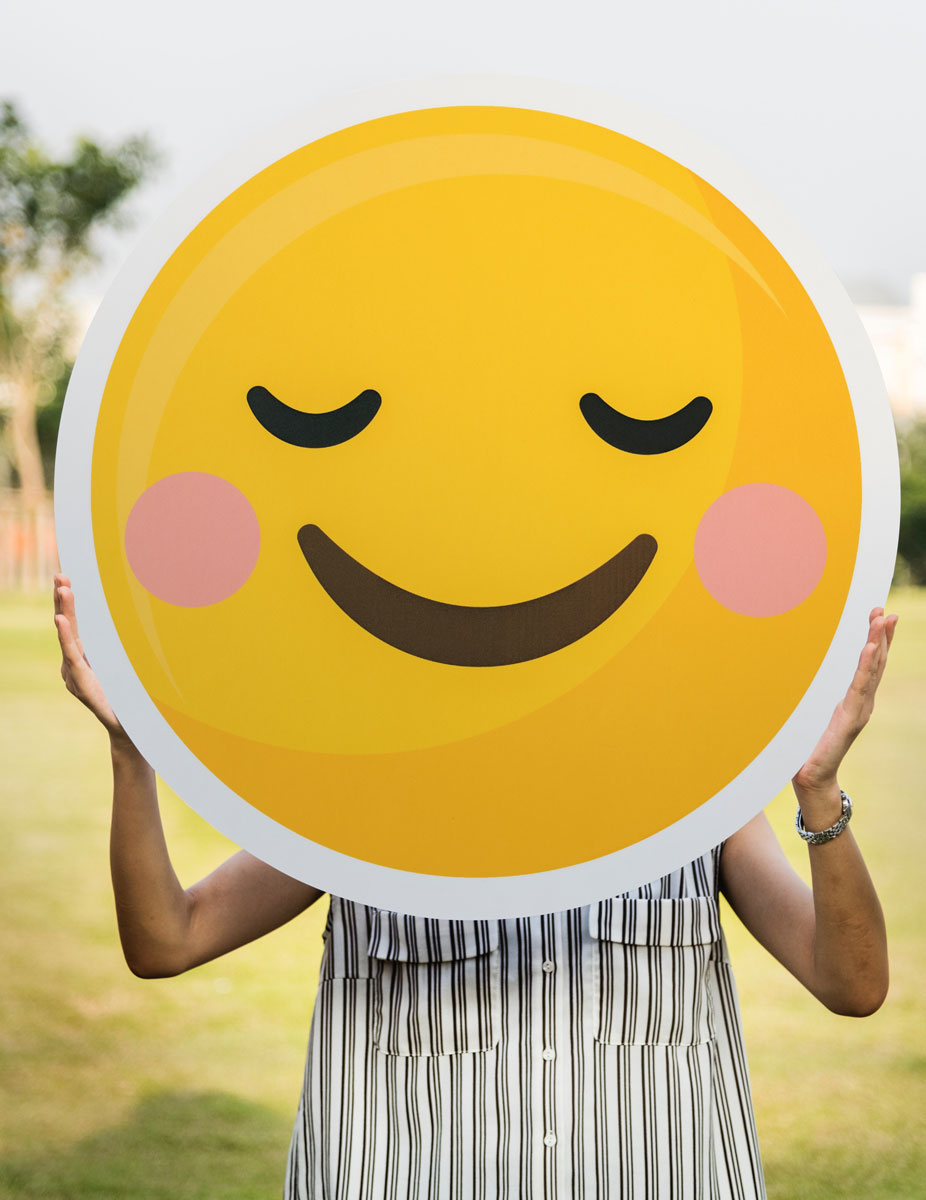
-
Classroom Drama intervention
In a nine-week drama workshop intervention program, refugee and migrant adolescents in multi-ethnic schools work around the construction of group stories that support the construction of identity and meaning, aiming to establish bridges between past and present and to engage with themes of migration, exclusion, pluriform identities and cultural adaptation in host societies.
See how it works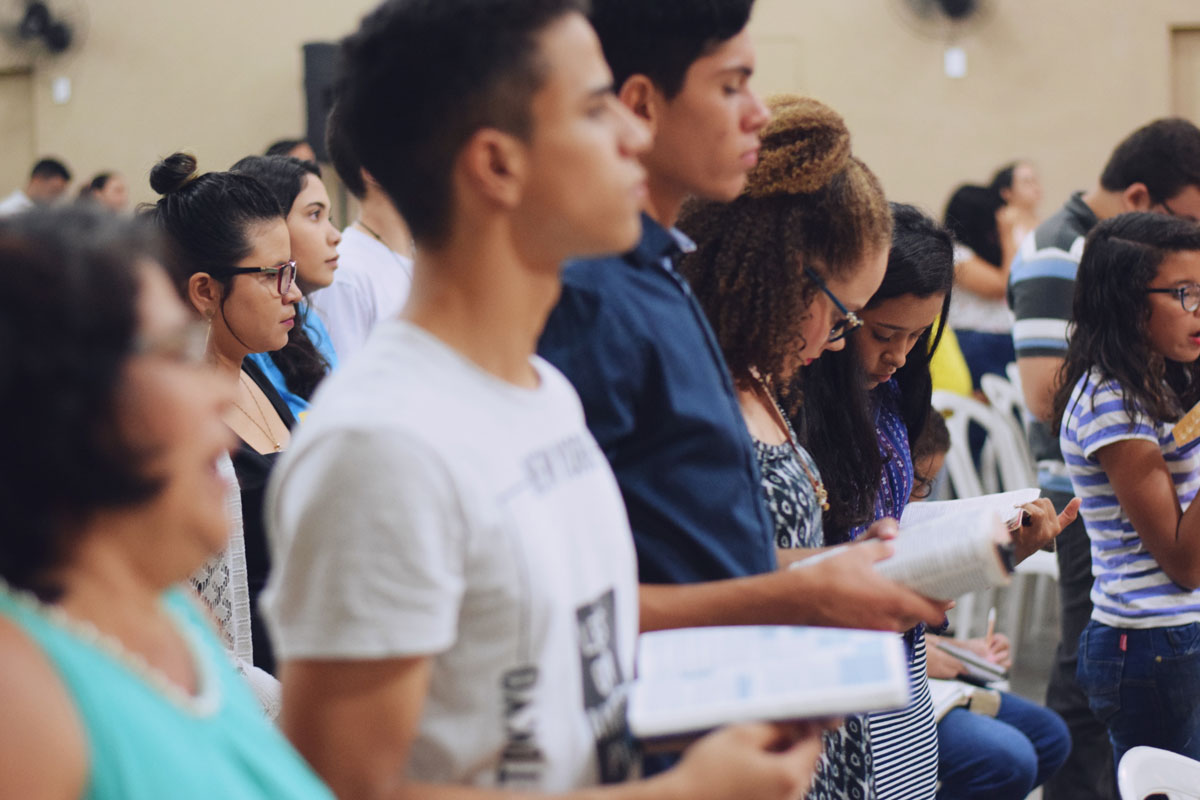
-
Teaching Recovery Techniques + In-service Teacher Training
Teaching Recovery Techniques is a manualized intervention developed by the Children and War foundation (Yule, Dyregrov, Raundalen, & Smith, 2013). TRT is based on trauma focused cognitive behavioral therapy (TF-CBT) and includes seven sessions for young people and two for the caregivers. For children, session one is about getting to know each other and session seven a follow-up.
See how it works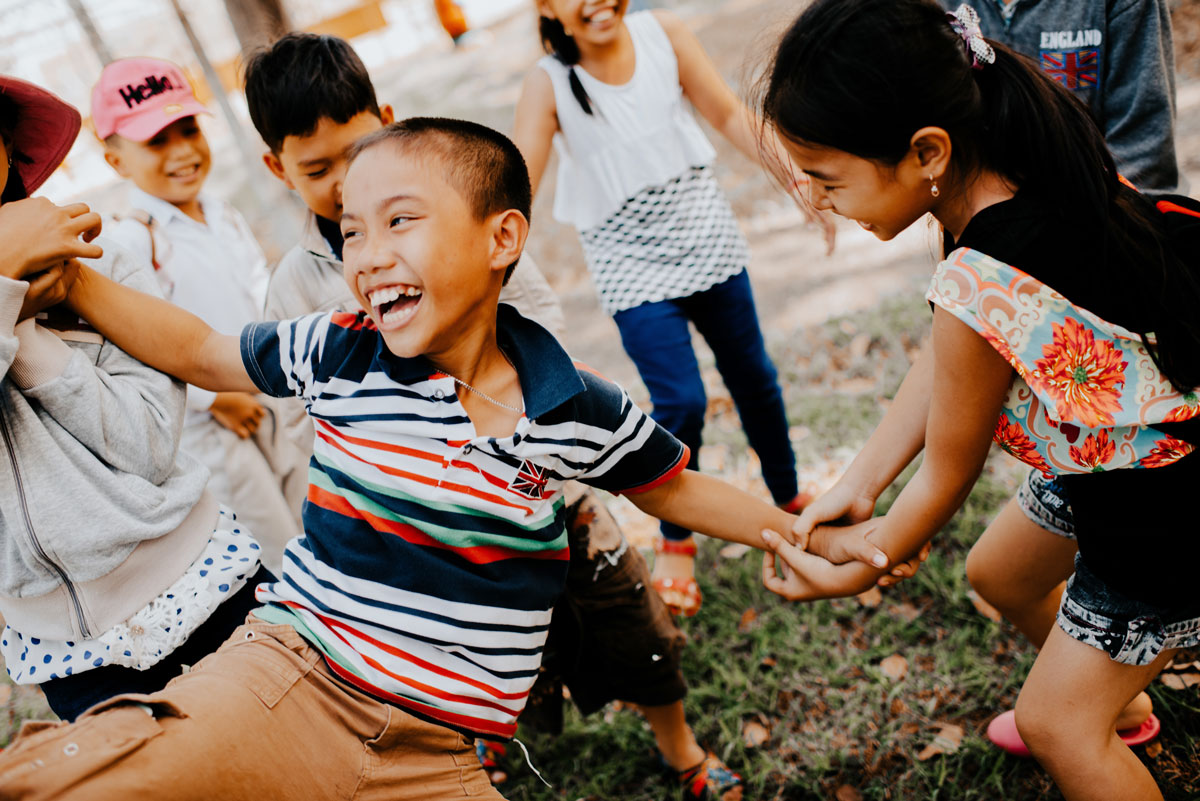
-
PIER intervention
The intervention ‘Peer Integration and Enhacement Resource’ (PIER) develops a participatory approach to supporting safe, positive peer interactions and social relationships in multi-ethnic schools. Through clustering pupils with migrant and non-migrant background in small collaborative groups working together on establishing social connection and participatory activities in the school context, the intervention aims at strengthening school belonging and promoting dialogue between minority and majority groups.
See how it works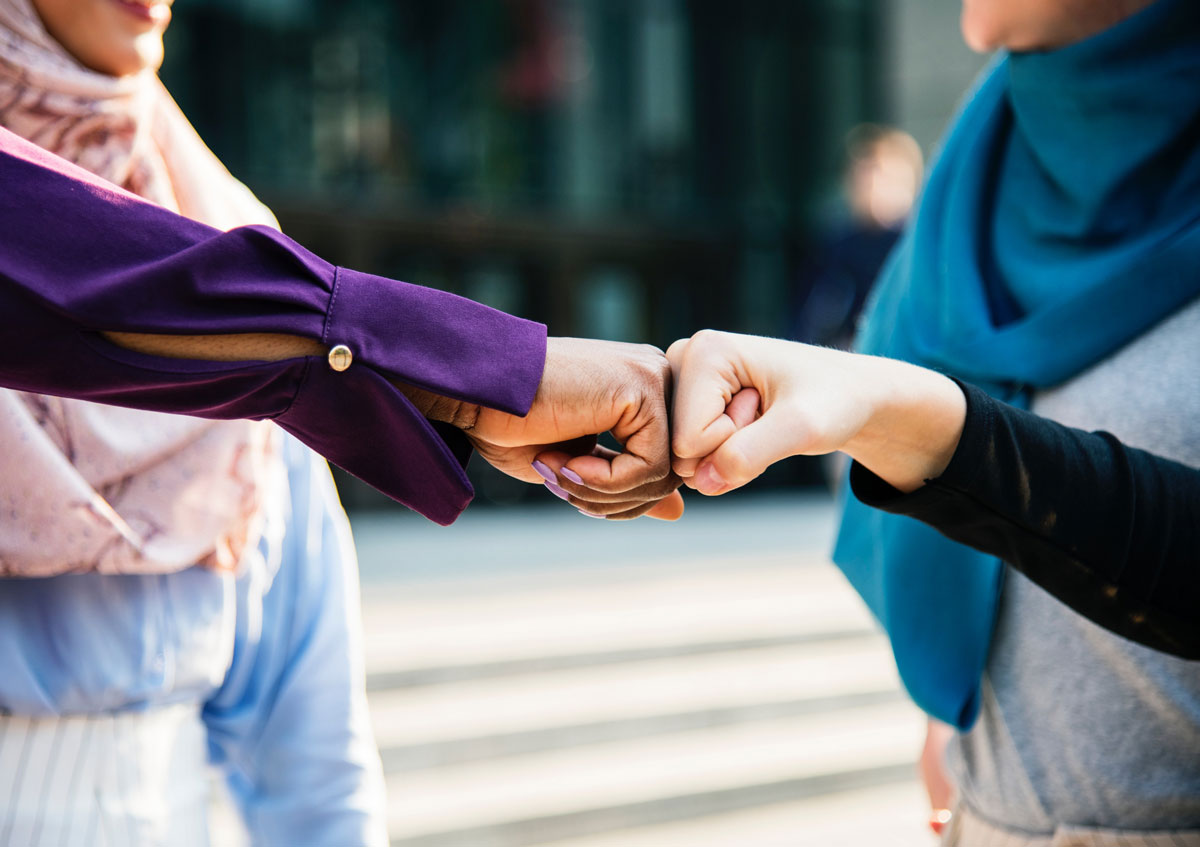
Team
Meet the team-
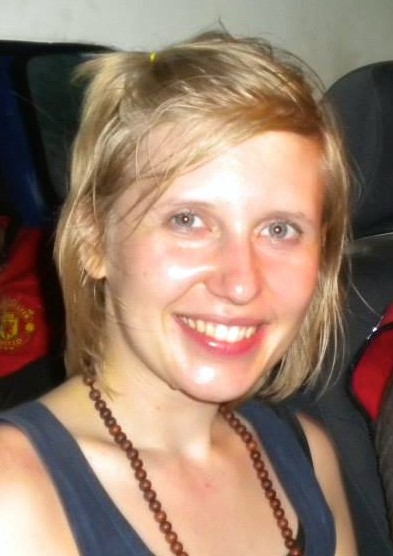
Reeta Kankaanpää
-

Emma Soye
Read the News
-
News
Local dissemination in Finland
In November 2022, Kirsi Peltonen presented the results of the RWS-study in the Finnish research seminar of Multidisciplinary Violence Research, organised by the Institute of Health and Welfare, and in the National Congress for Psychiatrists. Over 500 researchers and practitioners participated in these events and the theme of mental health of refugee children raised multiple […]
-
News
Training on psychosocial wellbeing of refugee children
On Friday April 22nd 2022, RWS coordinator Ilse Derluyn has given a training for teachers and school staff from across Europe as part of the activities of the Teacher Academy. Watch the training here.
-
News
Support for young Ukrainian refugees: NKVTS initiatives
Members of the Norwegian RefugeesWellSchool team at the National Centre for Violence and Traumatic Stress Studies (NKVTS) have introduced RWS and its interventions in a number of seminars, webinars and conferences targeting national, municipal and county level education authorities, alongside primary and secondary school educators and administrators. This included events organized by The National Centre […]
-
News
Support for young Ukrainian refugees by RWS
Since February 2022, many European countries are setting up care and support systems for the Ukrainian refugees. Also schools across Europe are setting up additional and specific measures to support the young Ukrainian refugees. The RefugeesWellSchool consortium has informed and supported several schools, policy-makers and governments regarding the implementation of psychosocial interventions for young refugees […]
-
News
How to choose the right intervention?
You don’t know which intervention would fit your needs and possibilities? Check out this decision-aid tool (available in different languages!)! A short list of questions will help you to choose in a couple of minutes only!
-
Publications
Research article: how COVID-19 school closures affected teachers’ care for migrant and refugee youth in Denmark
Teachers play a critical role in providing psychosocial support for newly arrived migrant and refugee learners. Such care ordinarily takes place in the classroom, raising questions about the impact of the 2020 COVID-19 school closures on teachers’ care work. In this article, RWS researchers draw on qualitative interviews with teachers in Danish preparatory classes to […]
